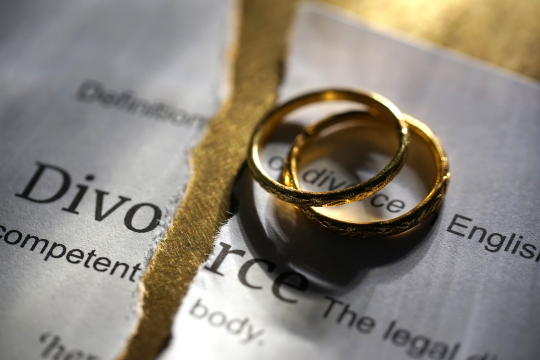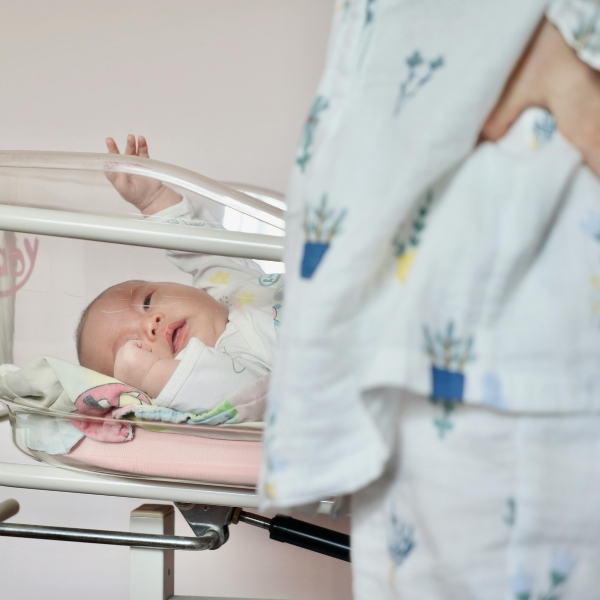National Maternity Investigation: Interim Report
 Blog
Blog

 Podcast
Podcast

Companies House ID Checks: Jemma Groves
 Blog
Blog

Christmas Parties and Sexual Harassment
 Podcast
Podcast

The Role of the NFU’s County Advisor for Herefordshire: Sophie Burgoyne and Ali Parker
 Podcast
Podcast

The Trainee Solicitor Interview Process at Lanyon Bowdler
 Podcast
Podcast

Her Legal Story: Toni Reeves
 Blog
Blog

Time to Fix the Buying and Selling Process: Reform is on the Horizon
 Blog
Blog

Level 7 Apprenticeships: What the Funding Shake-Up Means for Future Solicitors
 Podcast
Podcast

Residential Tenancies in Wales – The Most Common Questions: Alys Jones, Toby Williams and Katie Baker
 Blog
Blog

Good Divorce Week 2025 – There is Another Way
 Blog
Blog

ACAS Early Conciliation Period Increases
 Blog
Blog

AI – Is It an Alternative to Your Own Words?
 Podcast
Podcast

Social Media Dangers : Debbie Humphries and Karen Clarke
 Blog
Blog

A New Season and New Charities to Support
 Blog
Blog

Keeping Your Divorce Out of Court by Taking a Collaborative Approach
 Podcast
Podcast

So, What Do You Do? Personal Injury Lawyer v Costs Lawyer (Alexander Spanner & David Hughes)
 Blog
Blog

Growing Risks of Serious Injury During Childbirth
 Blog
Blog

New Companies House Identity Verification Requirements
 Podcast
Podcast

Challenging the Family Farm Tax with Scott Pepe from NFU
 Blog
Blog

Family Court Procedure Changes and the Repeal of the Presumption of Parental Involvement
Our awards and accolades.
Get in touch.
If you have a particular area of law you would like to discuss, please feel free to get in touch with the team, by using our online form below.
"*" indicates required fields

 Back
Back










